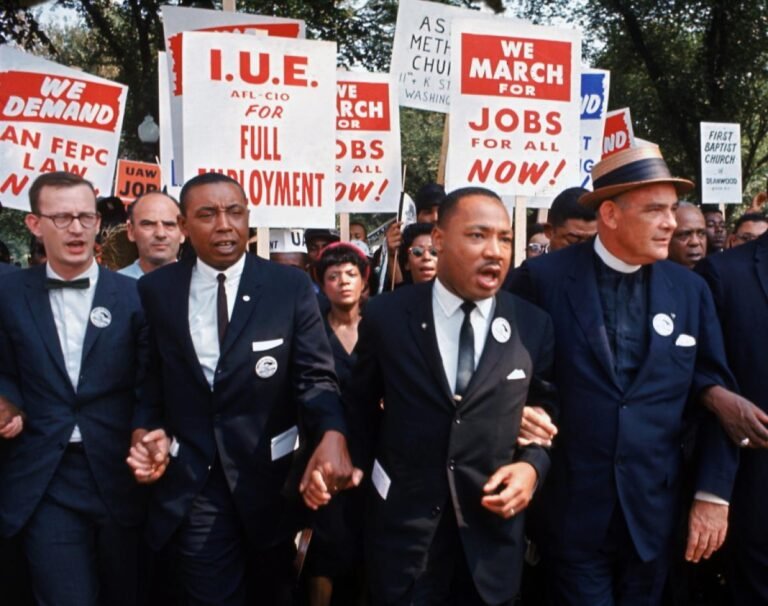The Laws of [Social] Motion: Applying Newton’s Second Law to Systemic Racism and Inequality
In 2020, Tim Wise wrote a thoughtful piece entitled, Systemic Racism, Explained by Newton’s First Law of Motion: Those who deny its existence might as well deny inertia. It is a thought provoking piece!
Isaac Newtons Laws of Motion are the basis of modern physics. However, the second law can be applied to the dynamics of social progress.
The second law states that any moving object will remain in motion unless it is met by an object with equal or greater force. Newton’s second law of motion is like a recipe that tells us how to figure out how fast something will move when a force is acting on it. The recipe says that if you add more force, something will move faster. And making something go fast is harder the bigger and heavier it is.
Say you have a toy car and you want to make it go faster. You give it a hand push and see that it moves faster. That’s what’s making the toy car move. But if you push the same amount of force on a big, heavy toy truck, it won’t go as fast as the toy car.
If you try to move a couch and a pillow at the same time, the pillow is easier to move because it’s lighter. So, it’s harder to move something quickly if it’s big and heavy. This is shown by the formula Fma, which stands for force equals mass times acceleration.
The idea of inertia can help us understand how racism can be built into a system. It talks about how people of different races have different opportunities, life chances, and outcomes. Think about the American housing market in the 20th century and how it related to other important institutions. In the 1930s and 1940s, tens of millions of white Americans were able to get something that Black Americans could not. In theory, the Fair Housing Act made it illegal to treat people based on their race when they rented or bought a home.
As white people moved to the suburbs, businesses began to move out of cities and into the countryside. Whites’ net worth went up a lot, but Blacks were left on the outside looking in. Even Black families with college graduates have less money than those with people who dropped out of high school. Even if we assume that decisions to move people didn’t have anything to do with race, the results are clear. Now, whites would have more access than they should to not only new housing, but also a growing share of the new jobs.
If black people stayed in cities, there would be fewer jobs for them. Even if no one meant to be racist, all of these things made sure that people of different races would have different life chances and outcomes, which aren’t much different from how they would be if racism was common. The same kind of inter-institutional analysis could be done by starting with jobs or schools and showing how policies in those areas affect each other.
The inhumane practice of slavery in the U.S. and the unfair systems that grew out of it are largely to blame for the differences between racial groups that we see today.
Records show that slavery in the U.S. began around 1619. Slavery was officially ended and made illegal in 1865, but most historians agree that it continued in different forms (like the Black Laws) for a long time after the Emancipation Proclamation. Some scholars have strong reasons to believe that slavery never really went away, but just changed.
From 1954 to 1968, there was a time in history called the Civil Rights Era. These 14 important years helped bring attention to racial inequality and made it possible for important laws to be passed. One could say that the U.S. has made progress in terms of racial inequality. No matter how small, progress should never be downplayed or ignored. Still, it’s important to look at progress in the big picture to get a better idea of how far we’ve come, how long it took, and how far we still have to go.
Ask yourself, using Newton’s second law, why you would believe that throwing a 14-year-old stone at a 400-year-old boulder would alter its present route or velocity?
So let’s cut the crap and cancel these student loans already. Thank you kindly.







